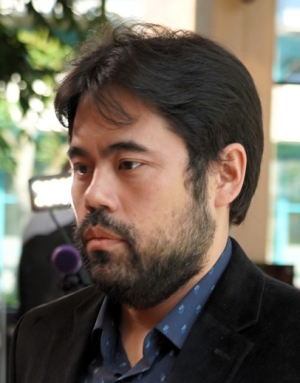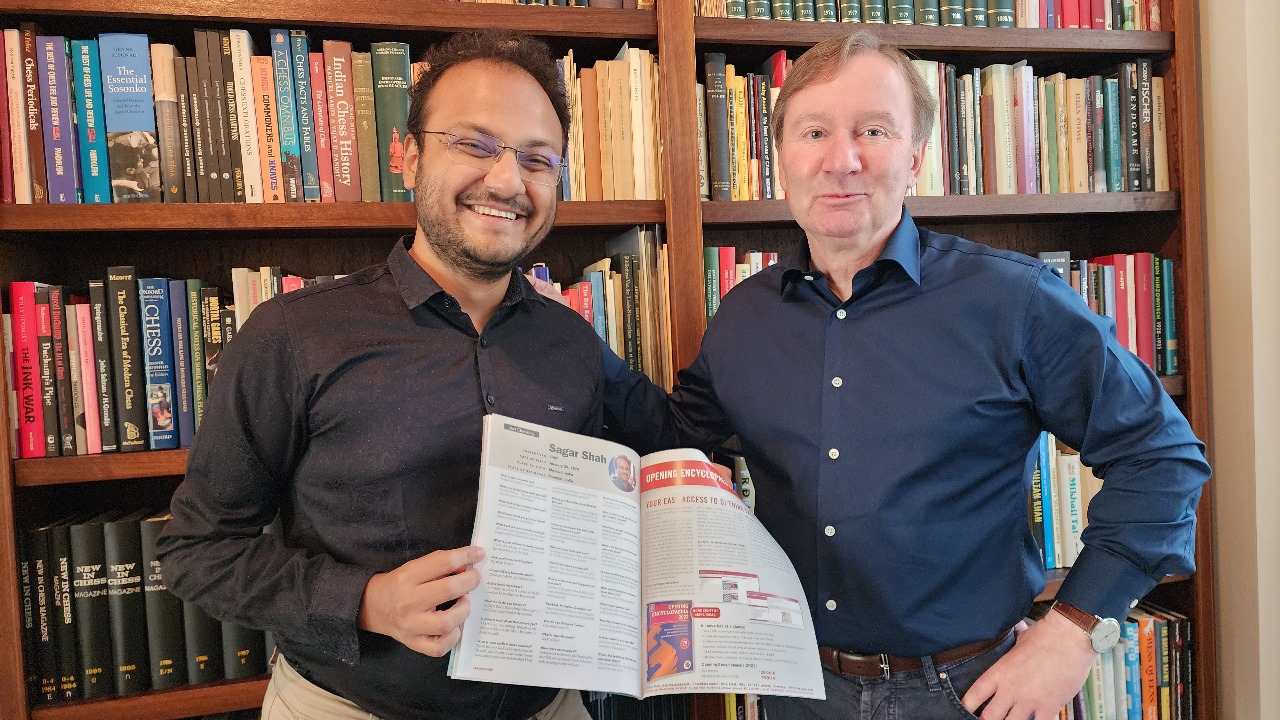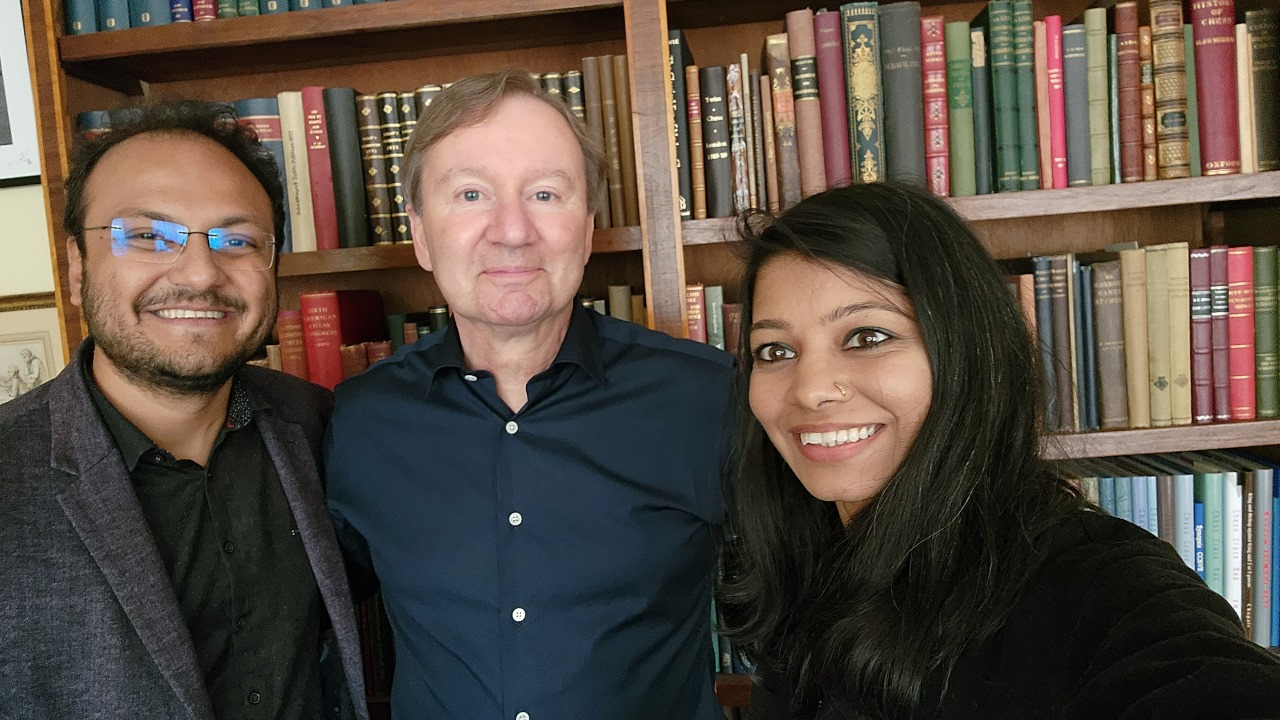
A video that will not make you a better player

In an earlier blogpost (July 21, 2023) I referred to an interview I had with Hikaru Nakamura in 2004 after he won the US Championship for the first time. One of the things that I vividly remembered, was young Hikaru’s opinion that he wasn’t sure there was a lot he could learn from the old champions. Smyslov’s endgames? Hikaru laughed, said nothing with twinkling eyes, and had to be urged to admit that he didn’t believe it made a lot of sense for him to study them.
At the time this lack of interest in the old masters was still quite unusual and no doubt many readers were surprised when they read such a bold statement from a 16-year-old. Perhaps they even criticized him for such disdain.
They’d probably no longer raise their eyebrows if they read something similar today. Now that computer engines have crossed the 3000 mark and GMs rely on them even more, a knowledge of the games of players like Smyslov (or even more recent great champions) is rarely considered an absolute requirement to become a stronger player. Being familiar with the classics was always seen as an essential part of your growth as a player, but how relevant are they to a chess player in 2023?
In a recent issue of New In Chess (2023/6), our book reviewer Matthew Sadler (writing about a classic book on Akiba Rubinstein, who was a star in the early 20th century), wondered aloud: ‘I guess that players of my pre-computer generation learned greatly from classic games because these had received the most (human) analytical attention over the years, and the lessons drawn from them were of the highest possible (human) analytical quality. Nowadays, however, this isn’t really the case. For example, a young player could open the books of an author like Jacob Aagaard and come across a fantastic series of lessons and puzzles from modern chess, brilliantly analysed and verified with engines. Why should a young player study classic games rather than this material?’
At first sight this is a question that is not easy to answer. My own reply would start with pointing out that Matthew Sadler himself is not only one of the greatest experts in the field of chess computers, but that he is also one of the greatest lovers of chess history that I know. Matthew is passionate about the players behind the games and how they improved our knowledge of chess. He appreciates the fact that the life of a chess player is so much more than a number of games and results.
Do we need to study the classics? No and yes. If you go for a long walk in Paris, you don’t need to know the history of all the places you will pass. Google Maps will suffice to get you where you want to go. But your walk will be so much better if you do have knowledge of the stories behind the places you will see during your walk.
For me there is no doubt that a knowledge and understanding of the past is valuable if you want to understand the present. Nevertheless I was curious how much chess lovers would be interested when I was invited by Sagar Shah of ChessBase India to talk about a part of chess history that occupies a special place in my chess library.
Besides the main works from the past decades I’ve always felt attracted to the very first writers on the game. The pioneers of the 17th , 18th and 19th centuries, who not only tried to fathom the mysteries of a game that had barely been researched, but who also had to find ways to put their ideas and - not so easy - their games to paper.
The interview, conducted and filmed by Sagar Shah and his wife Amruta, you can watch here:
An important part of the video is on the first books on chess, but we also touch on a number of legendary players I had the privilege of meeting and interviewing.
I can assure you that watching this video will not make you a better player, but I hope it will broaden your view on the richness and the fascinating history of chess.


